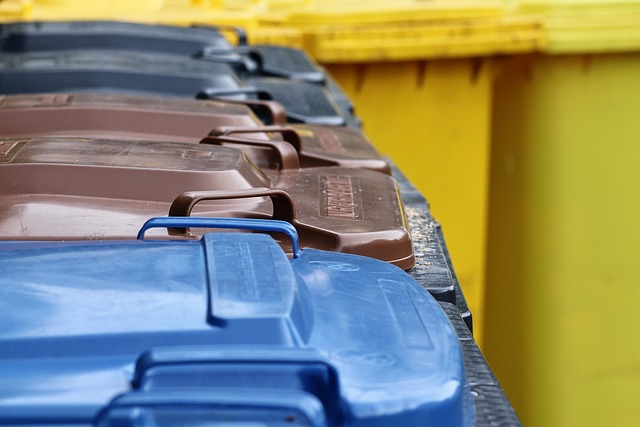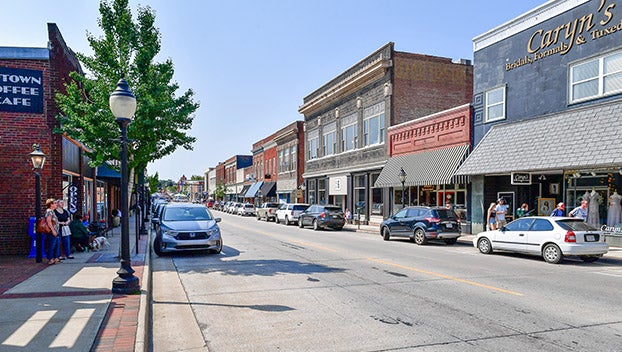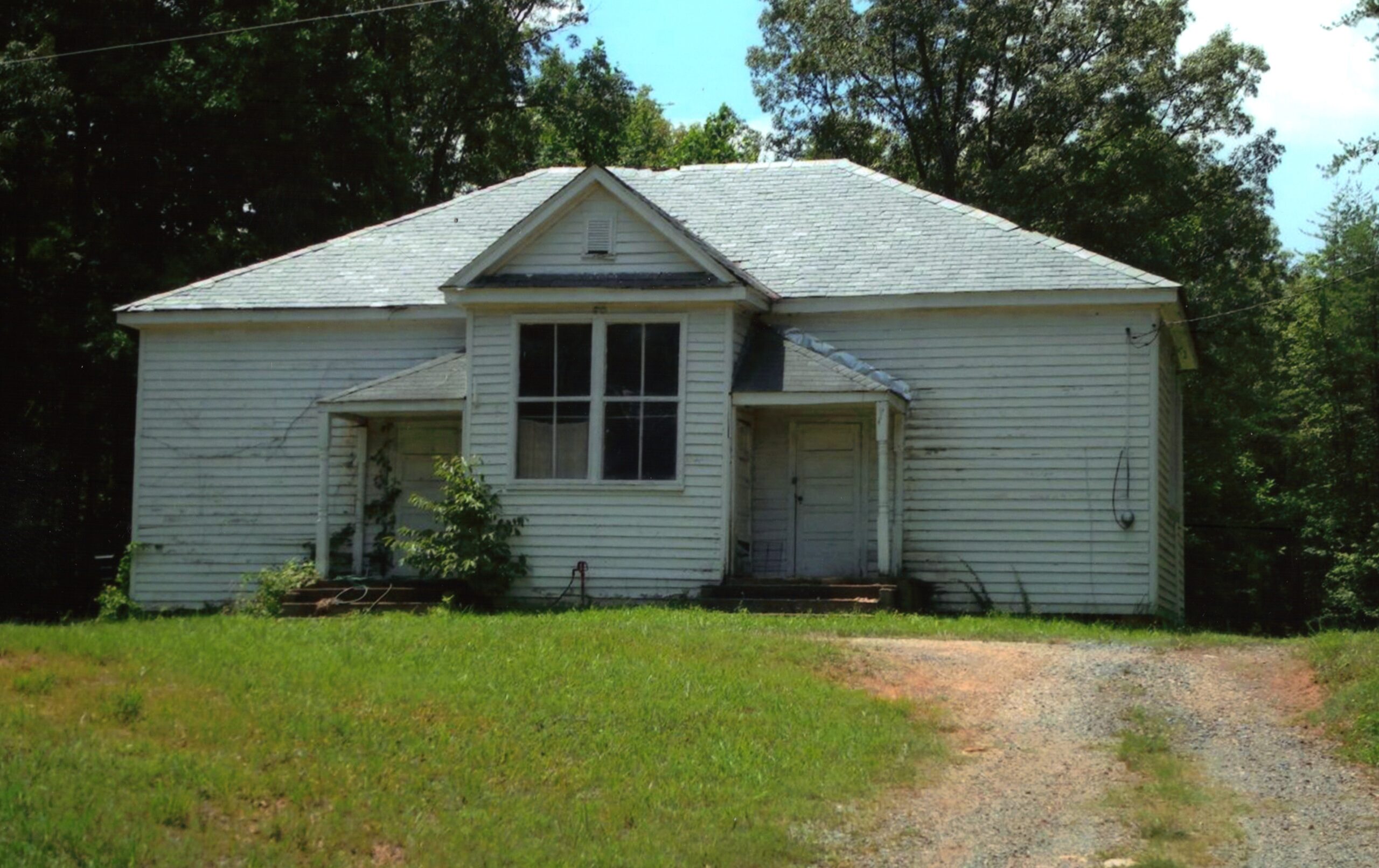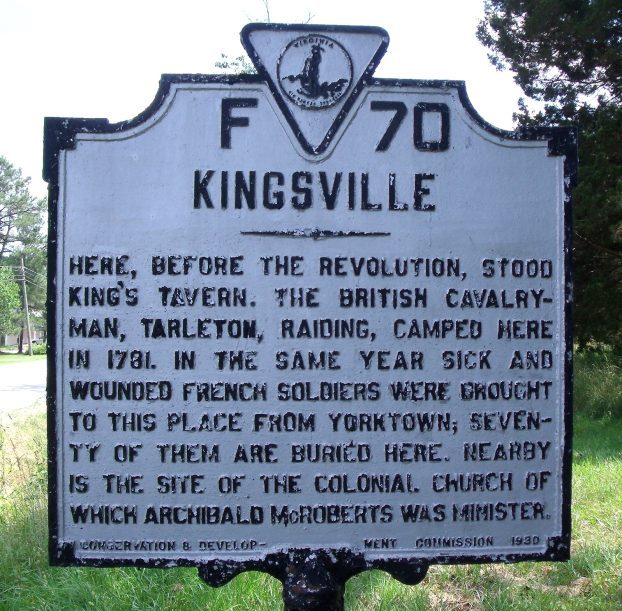Green Ridge goes to a vote. Here’s what was decided Monday.
Published 7:47 am Tuesday, July 29, 2025
|
Getting your Trinity Audio player ready...
|
The public hearing went long on Monday night. For two hours, Cumberland residents laid out their argument. They detailed every concern about the Green Ridge landfill, about ways they felt it would impact the county both seen and unseen. By the same token, Green Ridge representatives argued their side, detailing the multiple ways the project has changed over the last two months.
Finally, after more than four and a half hours of discussion, Cumberland supervisors approved both the new conditional use permit and host agreement for the Green Ridge landfill. Both passed by a 4-1 vote, with supervisor Bryan Hamlet in opposition.
Before the vote, Will Shewmake tried to make an argument why Green Ridge believes this project is important. Shewmake is an attorney with Woods Rogers and has been representing Green Ridge during this process. The issue, Shewmake claimed, is a shrinking amount of landfill capacity.
Trending
“Across the Mid-Atlantic region, landfill capacity is dwindling,” Shewmake said. “In our opinion, in our internal projections, we believe the Mid-Atlantic region has nine years of capacity. We think Virginia is one major natural disaster away from wiping out its capacity.”
Multiple reports, including recent ones by Waste360 and the U.S. Environmental Protection Agency seem to back that up. The argument is that within 18 years, the entire U.S. could exceed its current landfill capacity because existing landfills are getting older. Virginia currently has about 40 active landfills, at an average age of 42 years. Shewmake pointed out no privately owned landfills have opened in Virginia over the last quarter century, which is where Green Ridge sees a need, or opportunity.
How did we get here?
The previous conditional use permit for the Green Ridge project expired in June. This vote was for a new one to replace it, which would allow 104 acres out of the 1,177 acre site to be available for active dumping.
Originally, a public hearing on the project was set for June. However, Cumberland officials postponed it, saying that negotiations were still ongoing as far as what the conditional use permit and host agreement would include. Those negotiations kept going, stretching on into mid-July. A supervisor majority called for a special meeting, to be held on Monday, July 28, to hold the public hearing and vote on the project. It’s never been explained why a special meeting was needed, rather than waiting until the board’s next regular meeting in August.
Residents don’t want Green Ridge
If there’s one thing that was made clear by Monday night’s meeting, it’s that residents do not want that landfill in Cumberland. Out of everyone who spoke, 28 were opposed and four were in favor, advocating approval. The argument from most residents was that the landfill wasn’t needed and county officials should focus more on bringing in companies that can offer jobs.
“We don’t need the landfill,” Michael Scales said. “We have options such as solar centers and data centers. Why don’t we promote our tourism that we have here? Cartersville Historic District, the Cumberland Courthouse. Why don’t we develop the historical and tourism aspects of this county?”
Trending
His comments were echoed by AMMD Pine Grove Project founder Muriel Branch.
“Tourism is a booming, multi-billion dollar industry,” Branch said. “Our families have lived on this land since the 1880s and approving a landfill adjacent to Pine Grove School would erase their labor, their dignity and their sacrifice. This is not about property. This is about heritage. This is about justice. This is about legacy.”
Other neighbors of the landfill like Pam Hardy said they didn’t want to hear the 75 trucks going up and down Pine Grove, starting at 6 a.m. And others were concerned about property values plummeting, once the project is approved. A 2021 study by the University of Colorado at Boulder found that landfills on average decrease the values around it by 12.9%.
Melinda White worked in real estate for 25 years. She told supervisors that nobody wants to live next to a landfill, so yes, that will cause values to drop.
“For anybody to stand here and say our values will not go down, (that person) is a liar,” said White, who lives directly across from where the landfill will go. “Location is the number one thing your customer looks at.”
On the other side, Will Hatcher argued in favor of the plan, saying he didn’t believe in the doom and gloom.
“I don’t think it’s this monstrosity that people make it out to be,” Hatcher said. “I don’t think traffic on Route 60 will be as terrible as people say.”
That was a familiar refrain used by those who supported the project. First, they said, the county needs the money. Second, they didn’t believe there was evidence to back up why people were opposed to it.
A familiar vote
Overall, things were pretty much the same as they have been in every public hearing since the new permit was requested. A majority of residents raise concerns, Green Ridge officials are given time to rebut their arguments and most supervisors remain silent. Most supervisors, that is, except for Bryan Hamlet, who asked questions of the Green Ridge representatives and asked his fellow board members to have an open mind.
“We can actually look to alternatives, look to projects, developments, industries that benefit us all and doesn’t pit neighbor against neighbor,” Hamlet said. “We’re one county, we’re taxed as one county, we go to school as one county, we live as one county.”
Hamlet pointed out that he’s a member of the county’s economic development authority, one of the board liaisons and he’s seen that there’s interest in Cumberland.
“I can tell you right now there is interest from beneficial companies in this county,” he told the audience, before again urging supervisors to “listen to the people that elected you to represent them.”
Supervisors Vice Chair John Newman, who made the motion to approve the permit request, said this wasn’t an easy decision. He argued that it was a complex issue, pointing out that the supervisors felt the need to hire an outside law firm to work on negotiations. He also brought up Shewmake’s argument that more capacity was needed for the future.
At the same time, he argued, they tried to make this as environmentally friendly and safe as possible, when it comes to traffic and any potential leaks. We went over all of that in our two part-series last week, which you can read here and here.
“It’s not only about the money. We looked at this as many ways as we possibly could,” Newman told the audience.






